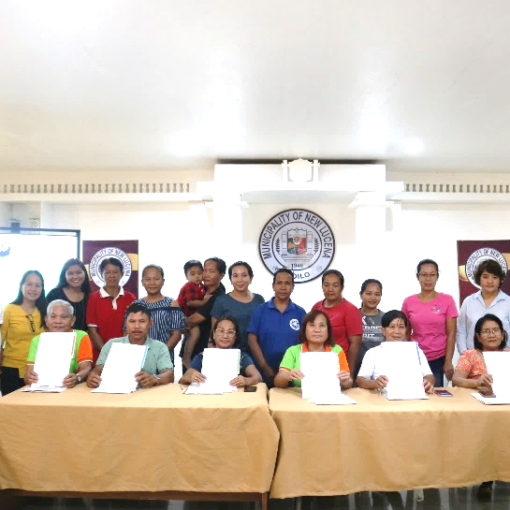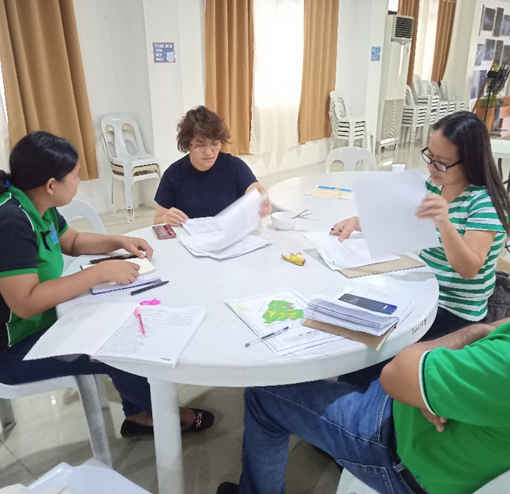Written by: Analiza S. Pacheco
“Give a man a fish and you will feed him for a day, but teach a man how to catch a fish and you will feed him for a life time” – Lau Tzu.
This principle of learning is imparted to the participants during the Participatory Resource Appraisal (PRA) Training. Last February 10, 2024 a total of 17 community members and elected barangay officials headed by their Punong Barangay Hon. Evelyn Sorolla actively participated during the PRA training at Barangay Calumbuyan. It was their first time to undergo the process. Aside from Barangay Officials, there were also representatives of Civil Society Organizations and barangay volunteers.
Through this activity, the people engaged with the local leaders to be part in the assessment of their existing resources, identification and updating of household profile that would serve as basis for development planning. With their participation, the future intervention and programs of the barangay will be more responsive to their needs rather than relying to outsiders who were dependent only on secondary data. The importance of participation and collaboration in their journey of achieving sustainable development were greatly emphasized during the training.
Throughout the process, they actively involved in creating their new spot map indicating updated households and structures, Community Resource Map, Filling-up the House Hold Inventory (HHI) form, and illustrated the relationship between and among Barangay LGU, CSOs and other institutions operating within the community through Venn Diagram. A 24-Hour Recall was also applied to assess the routine or daily activities of the people to be able to harmonize the schedule according to their availability. As a result of the PRA Training, the participants were thankful because they were able to gain additional knowledge by knowing and applying the process and they committed to cooperate for more series of trainings and activities under the IPAT-SIAD program.







